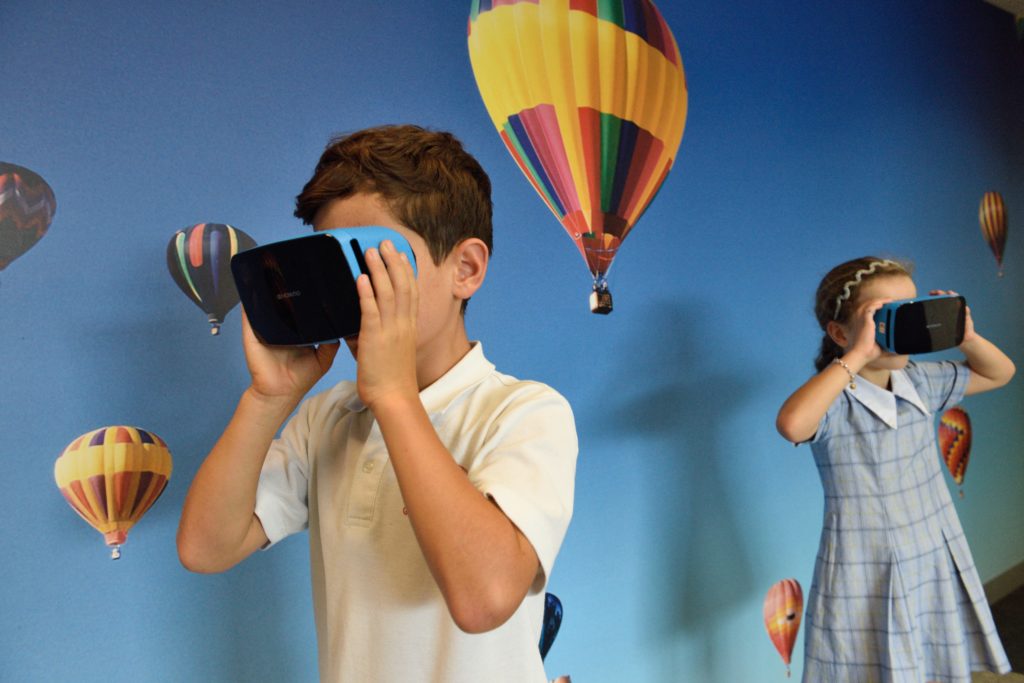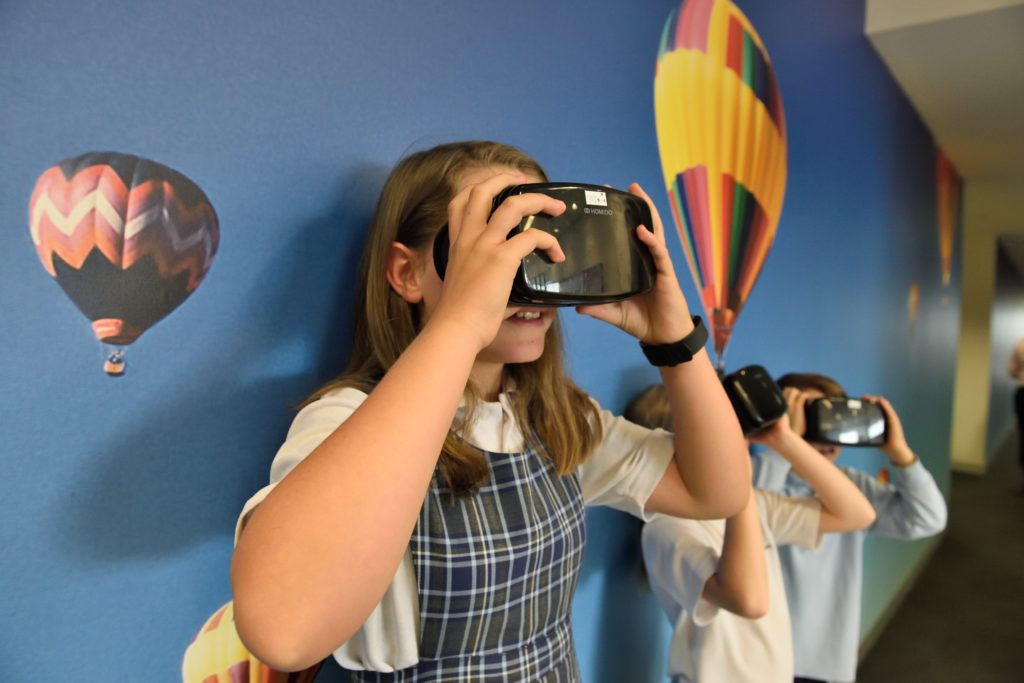We witnessed a decade full of AR and VR innovation, with the technology making its way in different industries particularly in the entertainment sector. Multiple groundbreaking inventions and concepts beyond imagination were introduced. Grabbing the public’s interest, VR and AR were able to develop a strong name in the digital world. As the public interest grew the investment also increased and we witnessed a boom in its growth. However even after all this time and research, VR and AR still continue to develop and improve and are miles away from reaching a stage where it can be used at a commercial level in big numbers.
Even though the technology is in its experimental phase, it has managed to achieve some limelight and the entertainment industry (gaming to be precise) being the biggest reason behind it. This particular industry has so strongly associated itself with AR/VR that people often overlook its benefits in other industries such as the education sector, medical sector or the automotive industry. With most of the industries already adapting to the digital era, a shift or addition to VR/AR tech would only benefit to how the industry can shape itself to be more productive.

When we take a look at the education sector, tech has played a major role in its development and has integrated itself in this industry with a very strong base. However the introduction of VR/AR can increase productivity to a further extent. Would you rather read about the Eiffel tower or take a virtual tour and see it? Be it exploring the space or the deepest of oceans, with VR/AR all of this won’t be a problem at all. VR/AR can help increase the interest level by making the content more exciting and visualizing it. Without having actually leaving the classroom or your house you will have access to a digitalized world you can explore. Usually students don’t explore practical learning as their curriculum is restricted to theoretical learning, VR/AR could be a game changer for them as it can introduce new learning techniques which would be more effective and hence improve the overall education standards.

In terms of adaptation, Jackson school (school for special children) which is located in western Australia, is a prime example of using VR in education. Mathieu Marunczyn, a teacher in Jackson school states “Visually, it’s stunning, everything takes on a massive scale. It just provokes and promotes a very imaginative response [from students], and ultimately that’s what I want to see.” Another great example is the Oxford Medical Simulation’s VR platform. Multiple universities in the UK have said to be using the VR platform for the training of their medical students. Fiona Suthers, head of the clinical skills department at Middlesex University says “This technology is allowing students to make mistakes without repercussions. The students can feel empowered to make decisions that they wouldn’t feel comfortable making because they can make mistakes safely and take more risks, which enhances their learning process.”
Education sector has always been slow to adapt new things comparatively, and the addition of VR/AR wont be as swiftly as we think. It would require a huge investment on a larger scale and would require teacher training programs for this additional skill. Furthermore the content being made for VR/AR is still not up to the highest of quality and is growing itself. Regardless of these obstacles the education sector is projected to be the fourth largest investor in the VR/AR investments according to Statista. Currently being rated at $200 million, VR in the education industry is expected to go up to $700 Million by 2025.
VR and AR would only open up exciting new opportunities and would definitely be a win-win situation if the public goes ahead and adapts to it. And with the growing acceptance of technology, it’s only a matter of time when we will see the wide use of VR/AR in the education sector.
